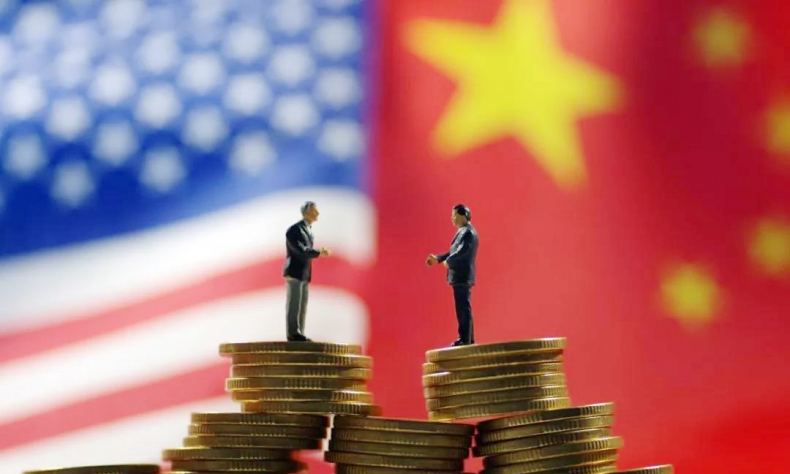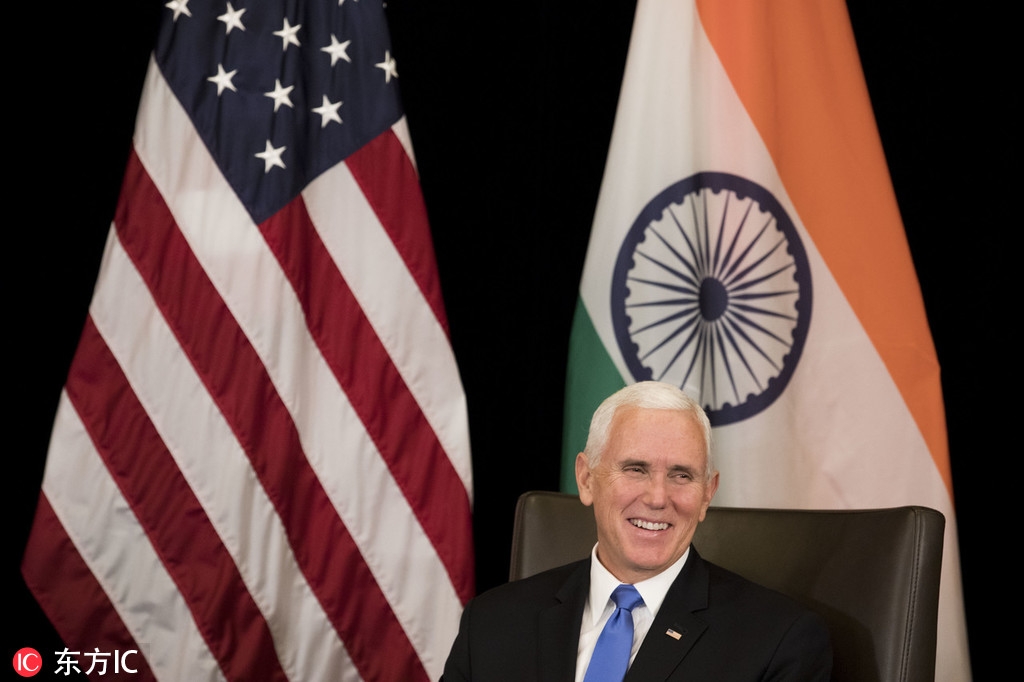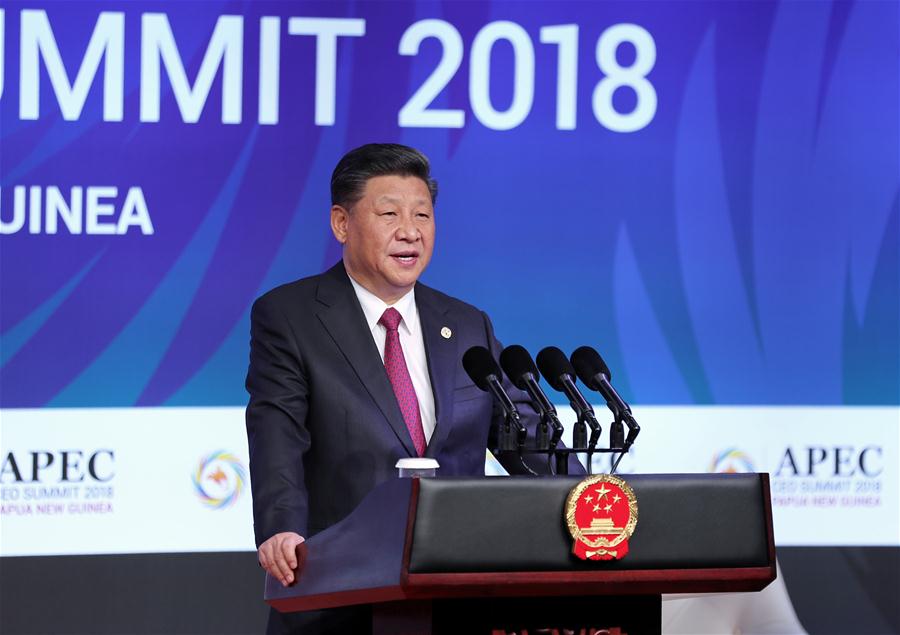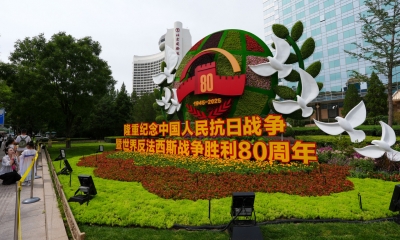Pence Stokes the Fire Again As Tensions Ease

Rather than seeking a chance to pursue common ground and solve differences, Pence’s speech read like a checklist of how best to antagonise, irritate and provoke Beijing.
“Last weekend’s APEC meeting was billed as an opportunity for the US and China to find some common ground before the G20 summit in Argentina.
Prior to the summit, tensions seemed to be easing, with China submitting a list of 140 trade concessions to America, which President Trump described as a “pretty complete list”.
However, by the time US Vice President Mike Pence’s speech had finished, for many, any hopes of going Buenos Aires with more goodwill and greater chance of reconciliation than before, were dealt a major setback.
Rather than seeking a chance to pursue common ground and solve differences, Pence’s speech read like a checklist of how best to antagonise, irritate and provoke Beijing.

The VP’s criticism was as unfair as it was inaccurate, with him unjustly attacking China’s Belt and Road Initiative (BRI), threatening to add more tariffs and aggressively suggesting to increase monitoring the South China Sea.
Apart from one biting comment on protectionist policies, calling them “short-sighted” and “doomed to failure”, President Xi Jinping’s speech incorporated themes of win-win, inclusiveness and open-markets, which, according to John Taylor, a professor of political science at St Thomas University in Houston, resonated deeply with the Indo-Pacific region countries.
“I think Xi’s remarks on mutual trade benefits, the notion that protectionism solves nothing, and that confrontation produces no winners, echoed the APEC meeting’s themes of free trade and diplomacy throughout the region,” he added.
Pence Stokes the Fire
From the beginning, it seemed Pence was going to use his time in the spotlight, standing in for the missing US President, to preside over unnecessary point scoring.
“China has taken advantage of the United States for many years,” he started, before making a list of unproven accusations such as barriers, quotas and subsidies, without any data to substantiate it.
After berating barriers, he then talked of the barriers America has placed on China, with tariffs on $250 billion worth of goods and then threatening to double them, claiming that “the United States, though, will not change course until China changes its ways.”
He then, whilst not naming China, took a large swipe at China’s “Belt and Road” Initiative, which now has cooperation documents with 140 countries, including APEC hosts Papua New Guinea.

“Know that the United States offers a better option. We don’t drown our partners in a sea of debt, we don’t coerce, compromise your independence,” Pence said. “We do not offer constricting belt or a one-way road. When you partner with us, we partner with you and we all prosper.”
Ending his speech, he aimed a parting shot at the South China Sea, saying the US will persist on sailing and flying wherever it sees fit.
“We will continue to fly and sail where ever international law allows and our interests demand. Harassment will only strengthen our resolve,” he said. “The United States of America will continue to uphold the freedom of the seas and the skies, which are so essential to our prosperity.”
President Xi Talks Openness and Win-Win for All
President Xi, perhaps expecting the predictable accusations, defended inclusive, global trade, as well as highlighting China’s continued opening up reform, which celebrates its 40th anniversary this year.
“China will continue to significantly relax market access, strengthen intellectual property protection and actively expand imports,” he said, announcing the reduction of import tariffs on 1,449 consumer goods, 1,585 industrial products, vehicles and components.

As well as cutting all tariffs to anti-cancer drugs, the new round of tariff cuts that began on November 1st have dropped to 7.5 percent, lower than the majority of most developing countries and more than China committed to when it entered the WTO.
His speech also included a staunch defence of BRI, swatting away accusations that the scheme is in anyway unfair.
“It is not designed to serve any hidden geopolitical agenda, it is not targeted against anyone and it does not exclude anyone. It is not an exclusive club that is closed to non-members nor is it a trap as some people have labelled it,” he said.
“Rather, the BRI is a major and transparent initiative with which China shares opportunities and pursues common development with the rest of the world. In April next year, China will host the Second “Belt and Road” Forum for International Cooperation in Beijing, and we welcome members of the Asia-Pacific business community to this event.”
Alluding to the current international situation, Xi said that countries are left with a choice.
“Mankind has once again reached a crossroads. Which direction should we choose? Cooperation or confrontation? Openness or closing doors. Win-win progress or a zero-sum game?” according to Xi.
This time last year, Pence noted, APEC nations were facing dangers from North Korea, with “nuclear tests, missiles flying over Japan and a war of words and provocations.”
Unfortunately for China and the rest of the world, it is his and his President’s words and provocations that are escalating the trade war and creating more instability for the world economy.
“History has shown that confrontation, whether in the form of a cold war, a hot war or a trade war, will produce no winners,” said Xi. “We believe that there exist no issues that countries cannot resolve through consultation as long as they handle these issues in a spirit of equality, mutual understanding and accommodation.”
When the two leaders meet at the end of November, Trump must heed Xi’s advice and enter into the discussions in a mutually respectful way, or risk deepening the crossroads which the two leaders stand opposite sides from.
 Facebook
Facebook
 Twitter
Twitter
 Linkedin
Linkedin
 Google +
Google +







